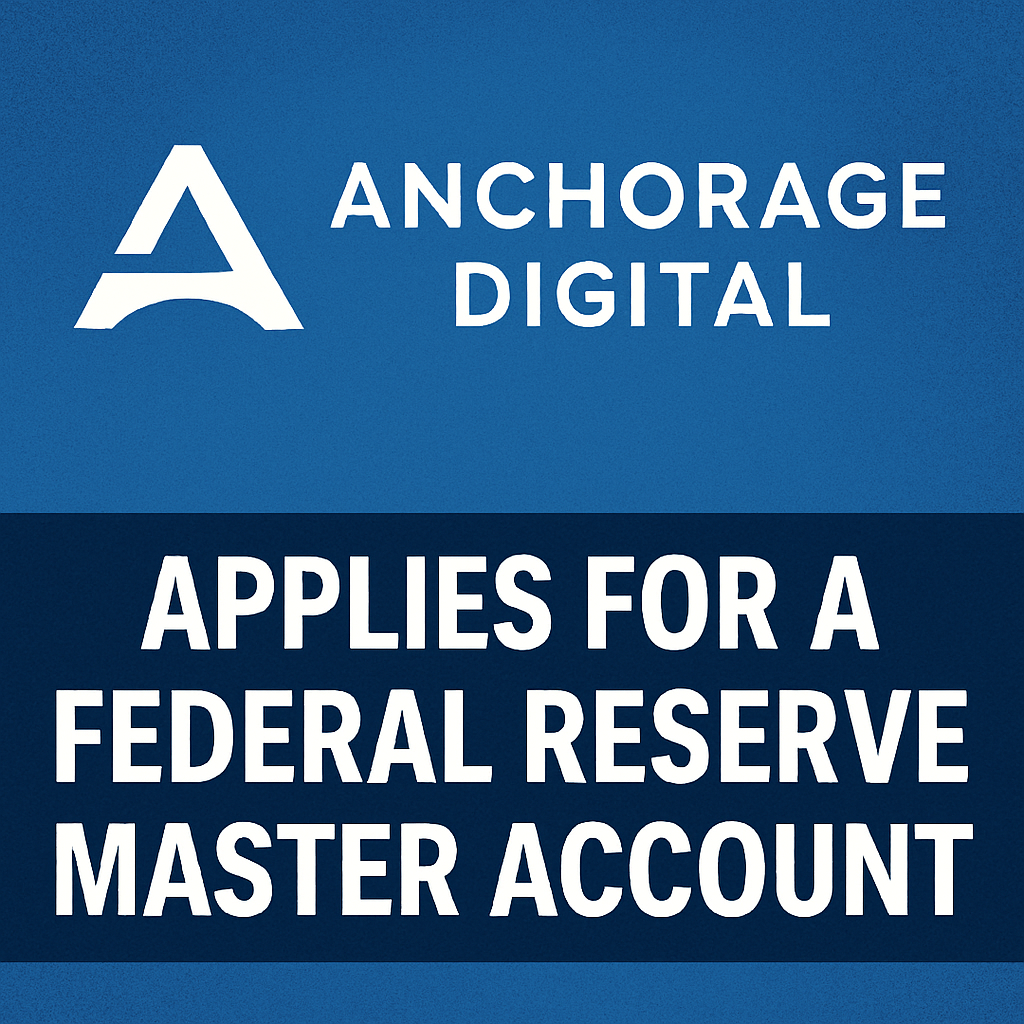Anchorage Digital’s Master Account Filing
Anchorage Digital Bank, the first federally chartered crypto bank, formally applied for a Federal Reserve master account, according to a Friday update. A master account enables depository institutions to hold reserves, settle wire transfers and access Fed payment services directly without intermediaries. Anchorage submitted its application on August 28, 2025, signaling its intent to integrate more closely with the U.S. financial infrastructure.
Historical Context and Regulatory Status
Anchorage obtained a national trust charter from the OCC in January 2021, authorizing secure custody services for digital assets. In August 2025, the OCC terminated a 2022 consent order that had cited AML compliance deficiencies. The lifting of that order affirmed Anchorage’s remediation efforts and regulatory alignment, clearing the path for expanded service capabilities contingent on Fed approval.
Implications for Crypto Banking
If granted a master account, Anchorage would stand as the only crypto-native bank with direct Fed access, bridging the gap between traditional and digital finance. The move could lower transaction costs, accelerate settlement cycles and enhance balance sheet flexibility by enabling direct reserve holdings. Industry analysts view this step as a pivotal marker for mainstream integration of digital asset firms into federal payment rails.
Broader Industry Movements
Anchorage’s application follows similar filings by WisdomTree Digital Trust, Standard Custody & Trust Company and Commercium Financial. Major stablecoin issuers such as Circle and XRP issuer Ripple have pursued national charters, with the U.S. Treasury concurrently advancing stablecoin rulemaking under the GENIUS Act. The trend underscores a regulatory shift toward formalizing digital asset institutions within the existing banking framework.
Next Regulatory Steps
The Fed’s review process will assess Anchorage’s operational controls, capital adequacy, cyber security measures and compliance programs. Applications from Tier 1 institutions are typically fast-tracked under 2022 guidelines, though one Tier 1 request was recently rejected. Public comments and oversight testimony may inform final Fed decisions, which could be announced in early 2026.

Comments (0)